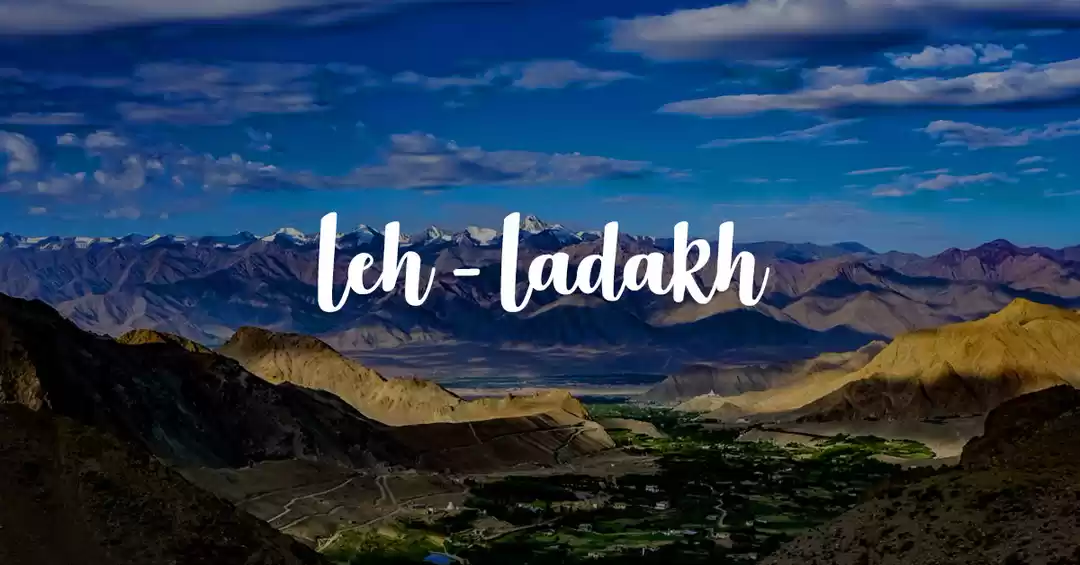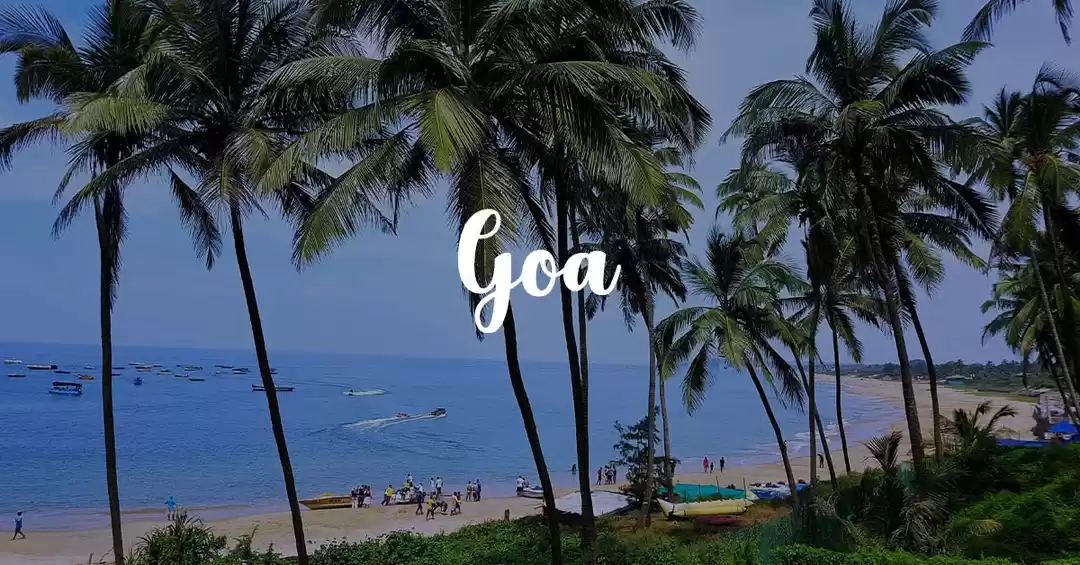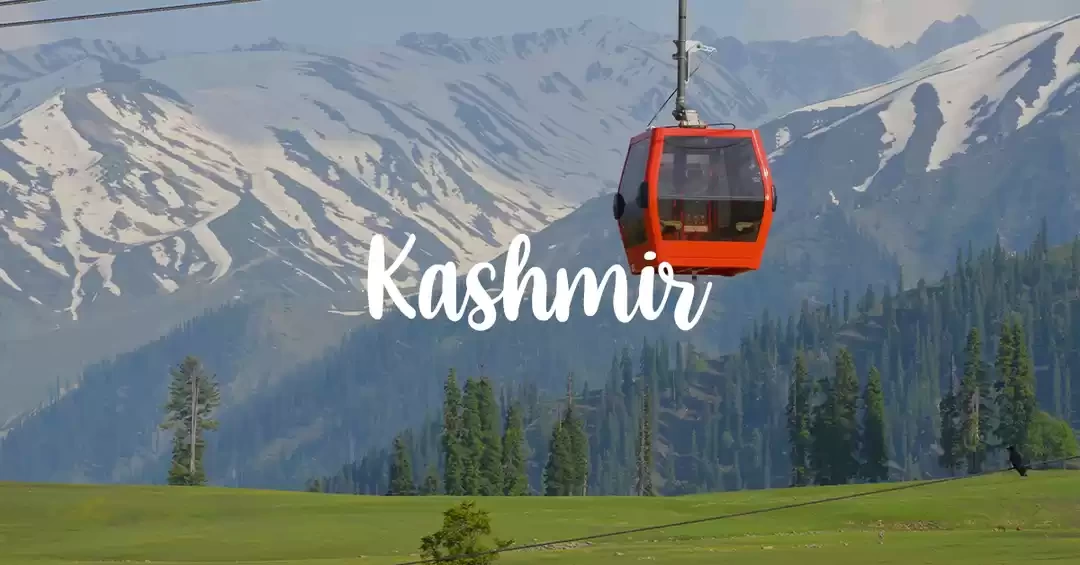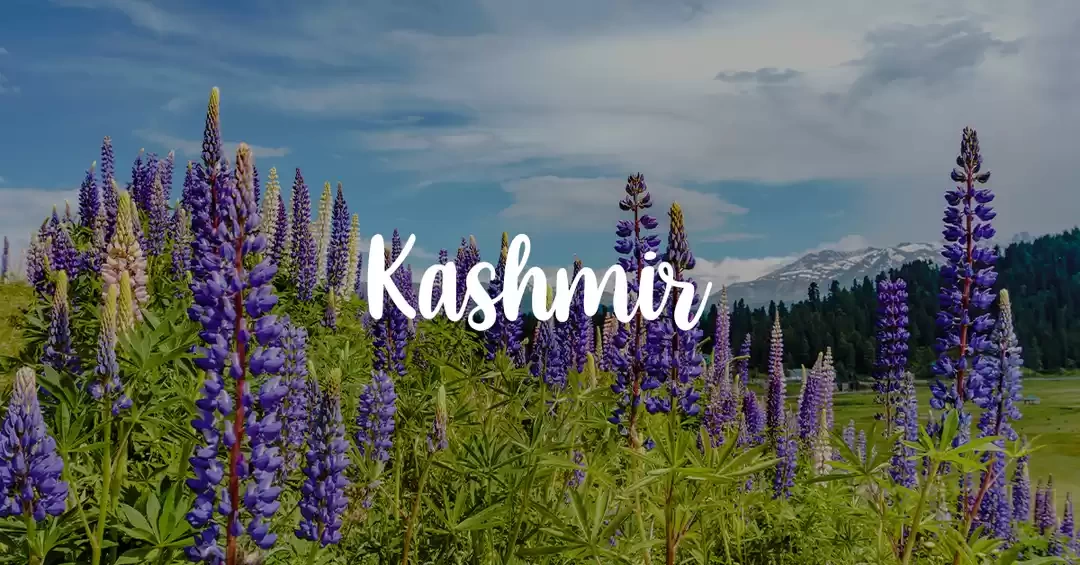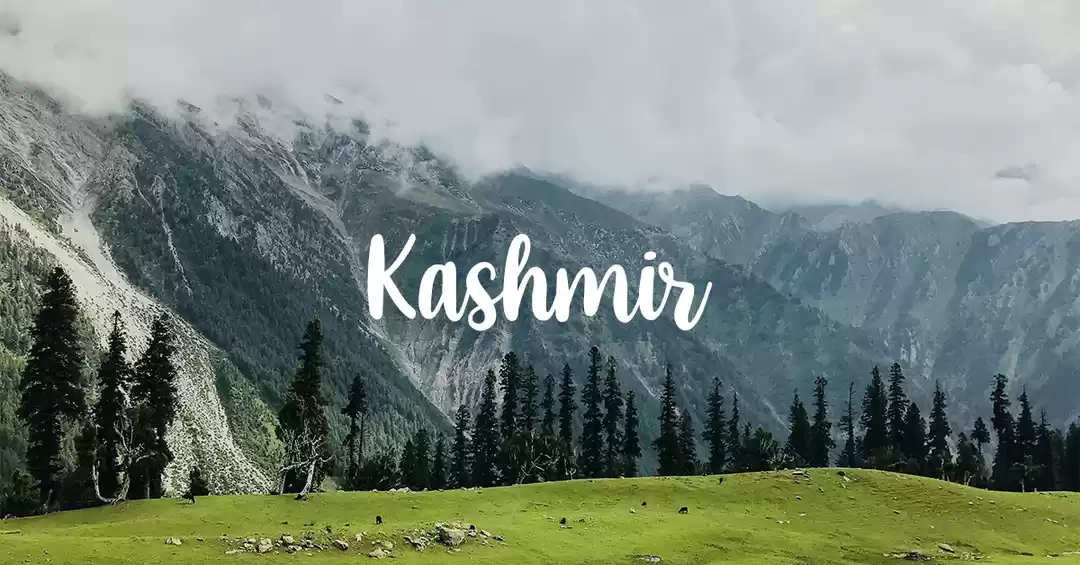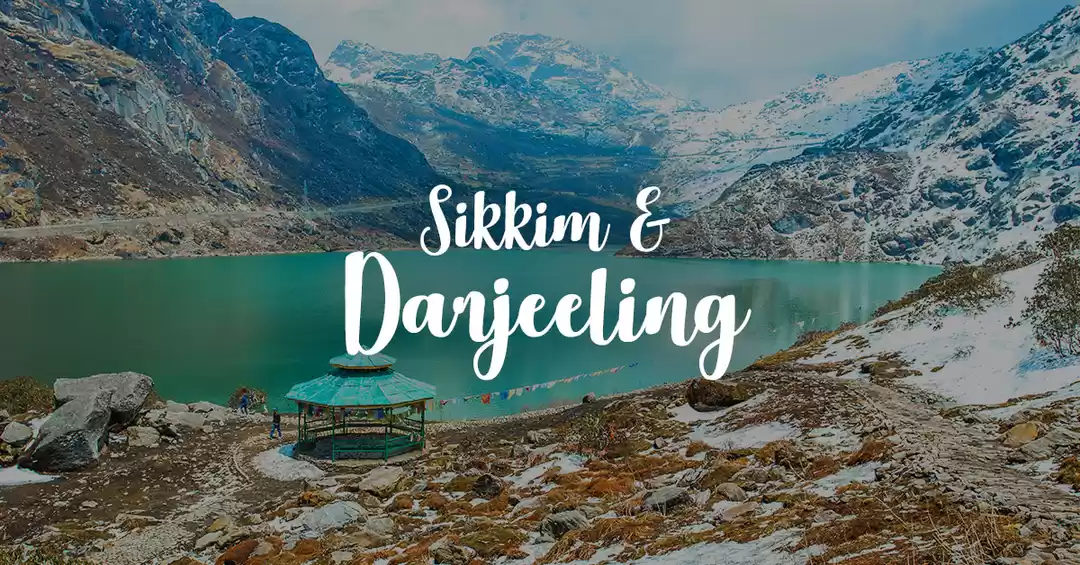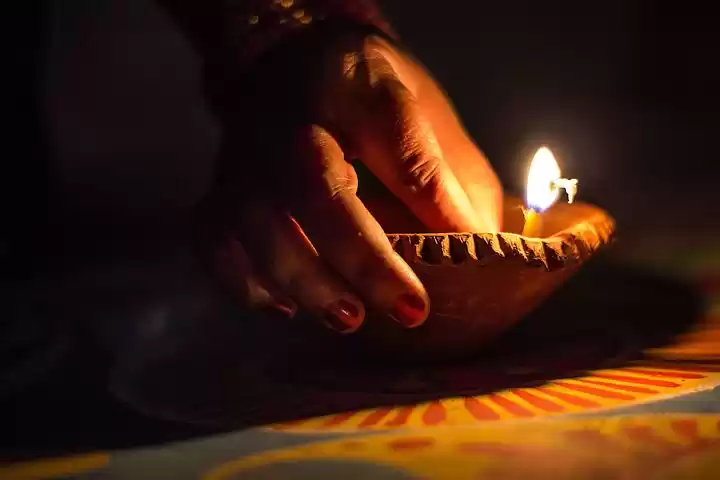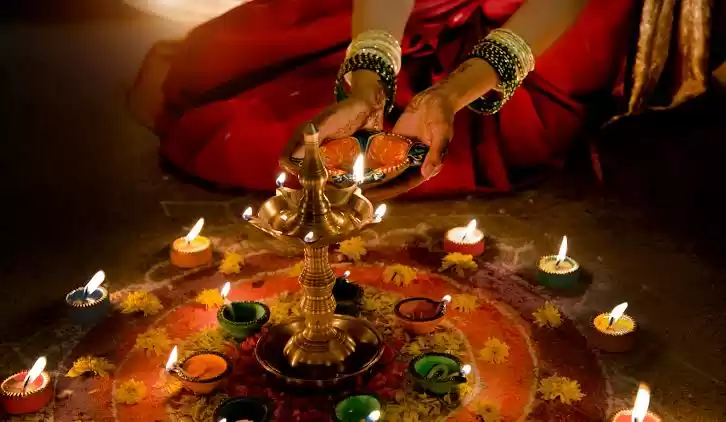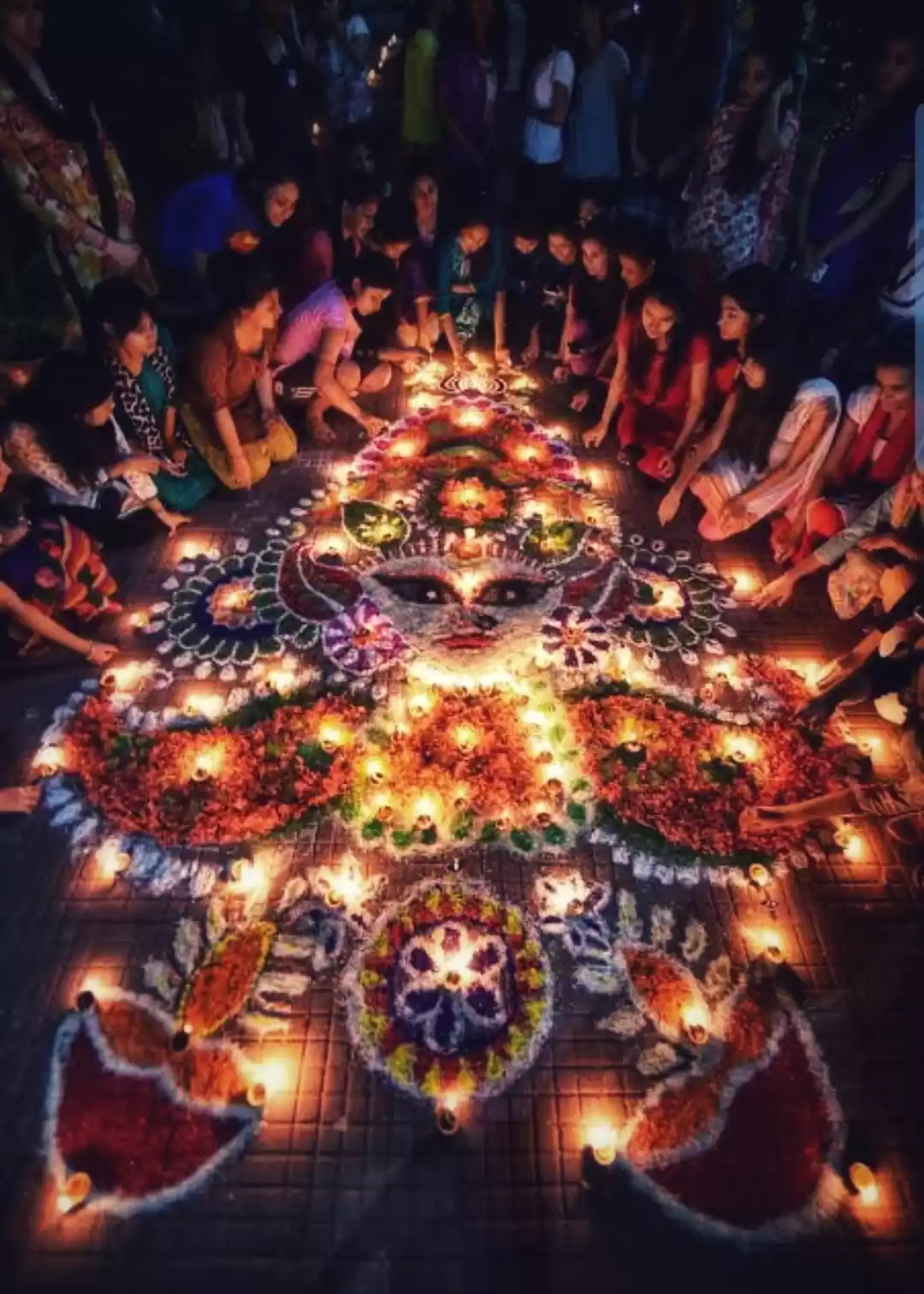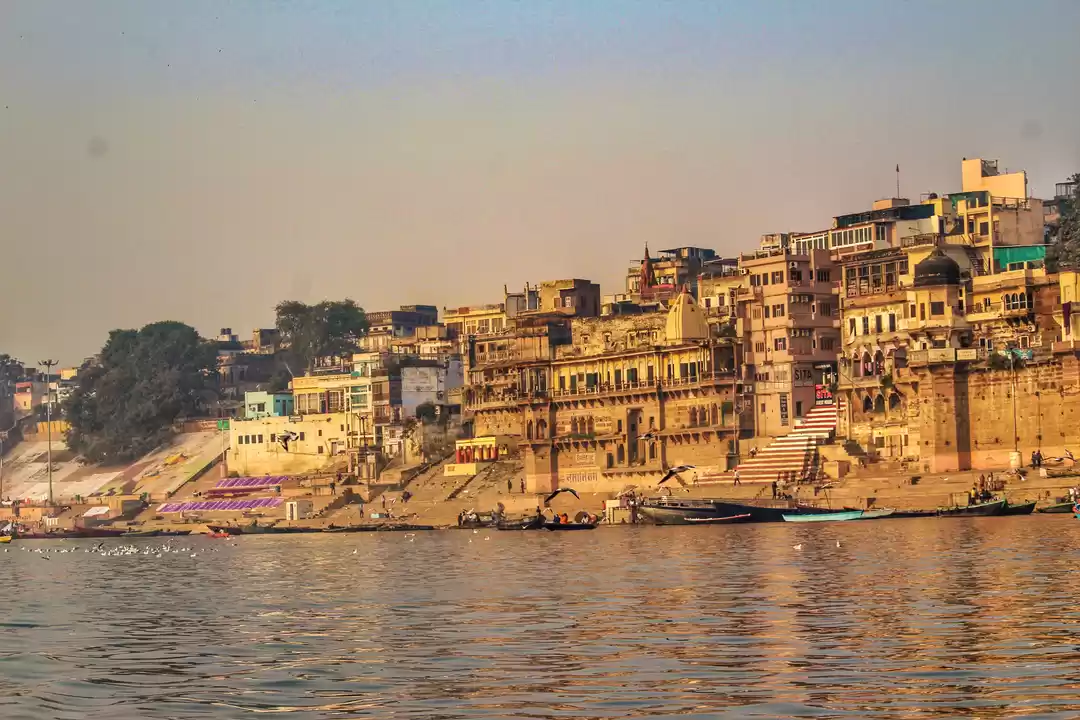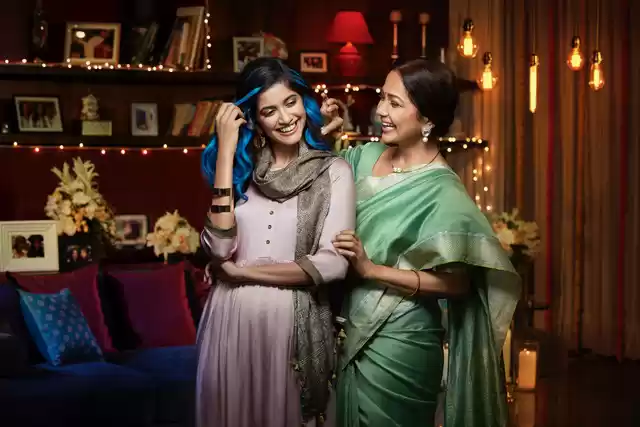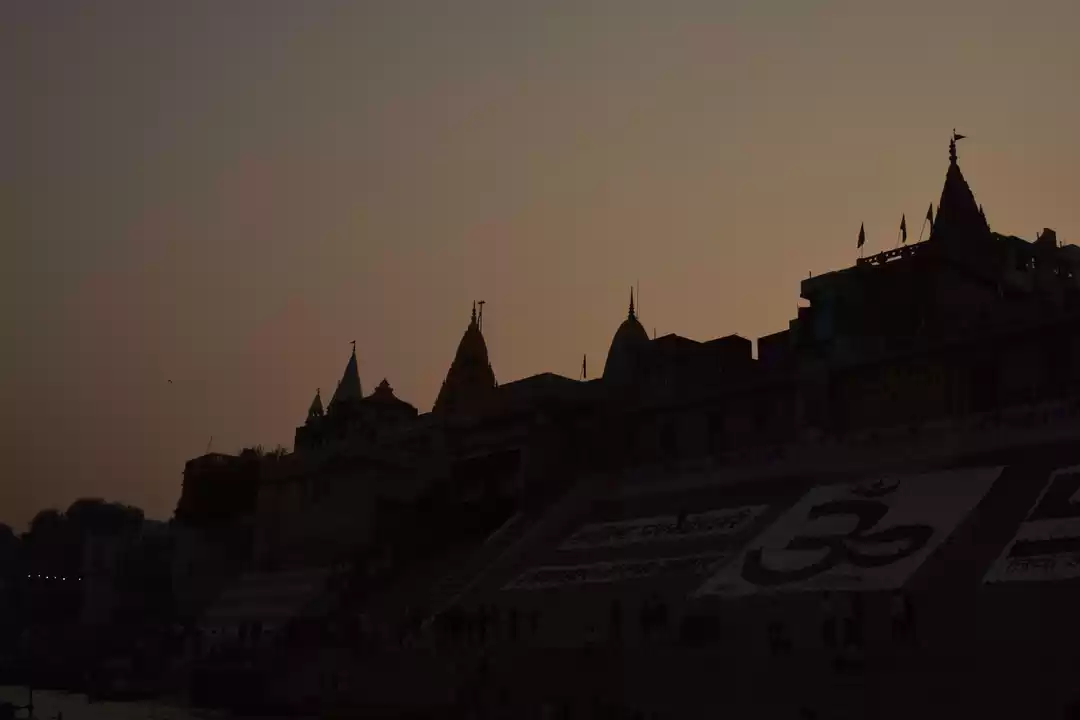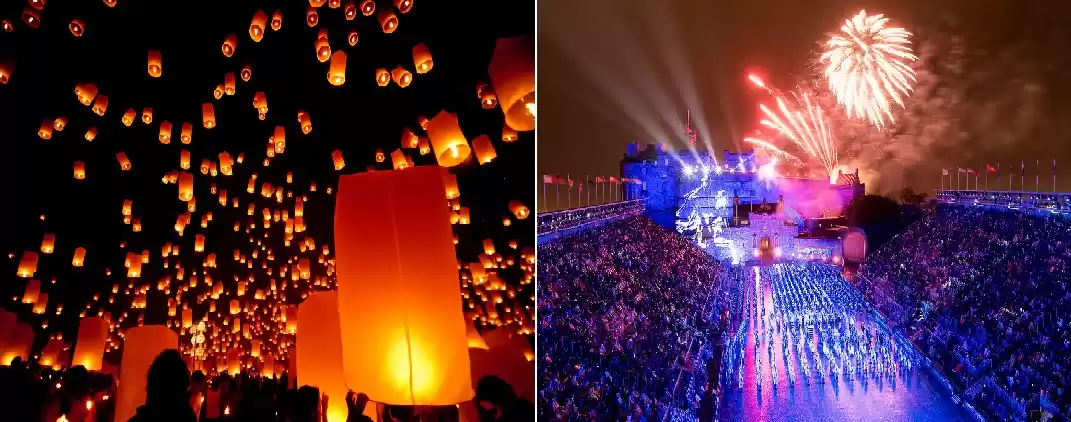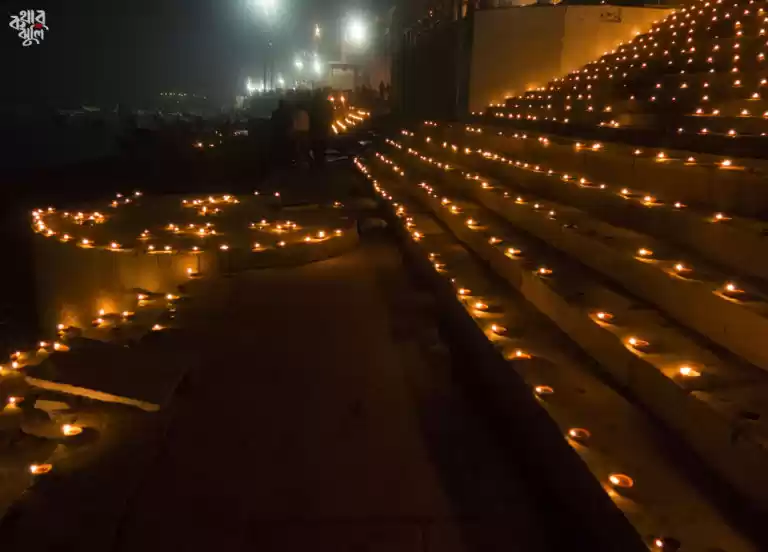As the festival of lights approaches, the night sky is pierced with showers of colourful sparks, chasing the darkness away. India is known for its larger-than-life festivals, steeped in colour and mirth and tinted with the exuberance of human spirit. Diwali or Deepawali, symbolising the eternal triumph of good over evil is celebrated all over the country and still, the occasion takes on the different colours of different ethnicities all over the country.
Here's a glimpse of how different states in India celebrate Diwali in their own intimate and familiar ways. While your Diwali, surrounded by lights and family is the one you know and love, take a look at how the country revels in the occasion.
The solemn piety in the air of the timeless city of Varanasi gets charged with palpable energy on the occasion of Diwali. The ghats of the ancient river, Ganga is thronged by devotees setting brightly coloured diyas afloat on the water. Chanting during Ganga aarti picks up a note of religious fervour and the river seems to mirror the night sky, lit with thousands of diyas. The city is big on Dev Deepawali which takes place on the full moonlit night, fifteen days after Deepawali. Processions with deities amidst cheerful noise is a common sight and the city comes alive with diyas.
The sound of conch shells blowing and bells ringing mingle with the booms of firecrackers being set off by people. It's Kali pujo here in Kolkata and as night falls, the blue-skinned, ferocious, warrior Goddess garlanded with human heads is worshipped with veneration. Lights are strung up everywhere and in some places, ritual animal sacrifice is carried out in some parts of Kolkata to appease the Goddess who is rumoured to have bloodlust. Friends and family feed each other sweets and for those who love a quiet moment or two can go to Howrah to gaze at the Howrah bridge lit up brightly over the Hooghly river.
The markets in the Pink City are all illuminated, a bedazzling spectacle pulling in crowds. They stay open late pulling in throngs of delighted shoppers and visitors. Johari Bazaar is one to look out for, having earned itself the nickname of 'The Strip' much like Las Vegas' twinkling strip. The Nahargarh fort is draped in diyas and lights and is quite a sight. The revelry starts from Dhanteras onwards and various walks are held for people to look around at the surrounding splendour.
If you want to get away from the din and pollution of the city, this one's for you. An example of responsible tourism, Rural Pleasure which helps people experience rural community-based tourism takes you to a village in Dangs, 270 km away from Vadodara. Celebrate Diwali with tribal residents of this village who will show you how they live a sustainable lifestyle using forest resources. Join them in making rangolis, check out their art and dig into sumptuous organic vegetarian food which they will make for you. This Diwali will be one to remember!
Marine Drive, even on an ordinary day, is a charming sight. Couple that with a display of sparkling fireworks and the view will make your heart soar. Chhatrapati Shivaji Terminus also stands bedecked in different lights, lighting up the night sky. And of course, there are Diwali parties you can go to get your fill of fun and gluttony.
Don't be surprised if you see colossal and spooky effigies on the eve of Diwali here. They represent Narakasura, an evil demon who was vanquished by Lord Krishna. Each year effigy-makers try to outdo each other in making Narakasura look fearsome and on the day before Diwali. It is set to fire to amidst fanfare and whizzing crackers. Gambling is also a favourite activity where people beeline for the brilliantly lit and noisy floating casinos.
The romance of the city is enhanced with lakes mirroring lit up palaces and spectacular fireworks. Sit at Lake Pichola to watch crackers exploding into sparkles or head to the Mahalaxmi temple in Bhatiyani Chauhatta to venerate the Goddess of wealth. A major event is the Udaipur Light Festival which has popular singers and DJs coming to Udaipur to enthral you with good music. Tuck into good food at the stalls or float a paper lantern in the sky.
Diwali in Purushwadi, Maharashtra is a simple and homely one. There are no loud firecrackers and milling crowds. Families here light up bonfires on Diwali night and cook food over the flames. Children go from door to door with oil lamps atop handmade bundles of sticks and ask every household to pour some oil into their lamps. Women deftly create rangolis outside their houses and traditional songs add to the sweetness of the festival.
The Golden Temple stands aglow with lights on Diwali, an occasion which coincides with the celebrations of Bandi Chhor Divas. The sixth Sikh Guru, Guru Hargobind along with 52 Hindu kings were released from imprisonment under the Mughal rule of Jehangir on this day and Bandi Chhor Divas celebrates his return. The soothing music of kirtan fills the air and there is plenty of delicious food (including langar) to tuck into. And there you have it, a Diwali well spent.
Diwali stands for Naraka Chaturdashi in Tamil Nadu and it starts with families waking up before dawn. This takes place a day before Diwali and signifies the defeat of Narakasura by Lord Krishna and Satyabhama. One of the rituals involves cleaning vessels in which water is heated and then decorated with designs such as the sun and moon. Offerings are made to God in the form of new clothes, sesame oil, sweets, food and shikakai. A medicinal mixture called Deepavali legiyam is also offered as part of the ceremony.
Curiously, Himachal Pradesh celebrates 'buddhi Diwali' on a new moon night about a month after Diwali celebrations all over the country. It is believed that the news of Lord Ram's arrival had reached the region of Himachal a month later, during which people in the mainland had already started celebrations. Dano and Asura, demons in the guise of snakes were also killed and a coconut is smashed to signify the victory. There is dancing and music on the auspicious occasion. White clay and cow dung is used to decorate walls and nimble paintings are made all over. This is to invite Goddess Lakshmi and prosperity into homes.
Orissa's Diwali is Kaunriya Kathi, during which people erect bamboo poles in front of their homes. A pot is placed on top of the bamboo with a lamp lit inside. It is believed that the lights guide ancestors to their homes on the auspicious day of Diwali.
How are you celebrating Diwali this year? Tell us in the comments below!
Get travel inspiration from us daily! Save and send a message at 9599147110 on Whatsapp to start.



















